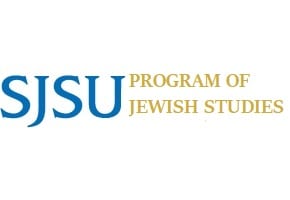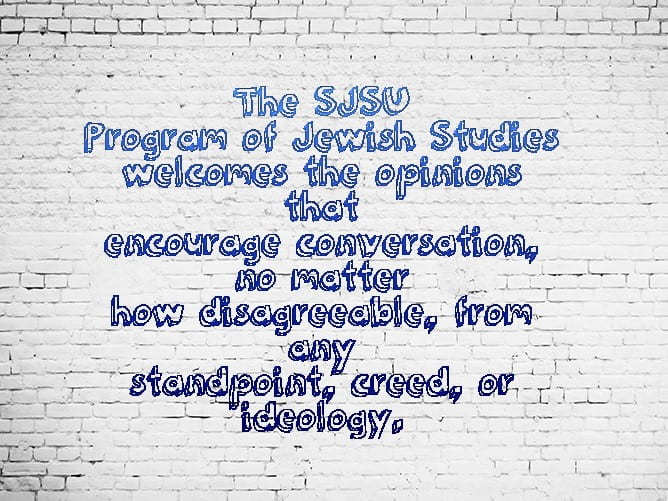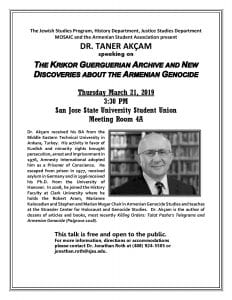- African American Studies/Africana Studies/Pan African Studies/Black Studies
- Asian American Studies
- Chicano Studies/Latina/o/x Studies
- Native American Studies/American Indian Studies/Indigenous Peoples Studies”
I understand the importance of CSU (California State University) to mandate that “Ethnic Studies” emphasize the history and experience of the “four racialized groups” in the United States. It is important to point out the institutional discrimination that persists in our society.
Indeed, every Cal State student should only graduate having taken at least one course on the subject. I don’t know if I would have described such specific intervention as “the broad rubric of Ethnic Studies,” but I must logically assume the “Task Force on the Advancement of Ethnic Studies” does not define “Ethnic Studies” per se, as an academic discipline that incorporates the global human panoply of ethnicities, but has in mind primarily, if not only, “the historical development and social significance of race and ethnicity in the United States.”
One should point out, in the statement above, “race” and “ethnicity” are distinguished for some reason, perhaps, as the goal is for our students “to develop the skills and knowledge necessary for success in an increasingly diverse environment.”
For example, where do you put Eastern Europe and Central Asia within the history and experience of the “four racialized groups” in the United States? Almost one billion people do not fit into this “broad rubric.” They also consist of numerous ethnicities in our global economy, with emigre communities and histories of their own, in many parts of the world, including North America.
I do not suppose the CSU would exclude from its definition of “Ethnic Studies” the hundreds of millions of people who do not fit neatly into the category (or categories) of “the four racialized groups.” It must be, therefore, a matter of emphasis rather than exclusion, which stands in stark contrast to the High School “Ethnic Studies Curriculum Proposal” in California that met with immense opposition this past summer.









